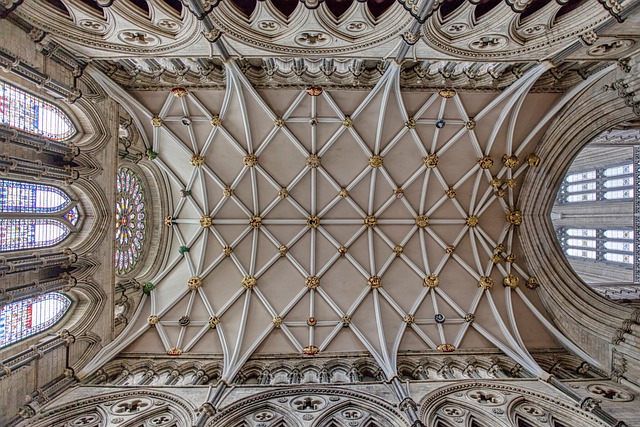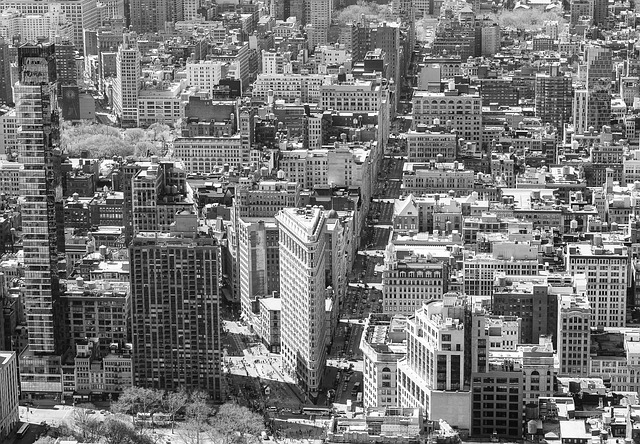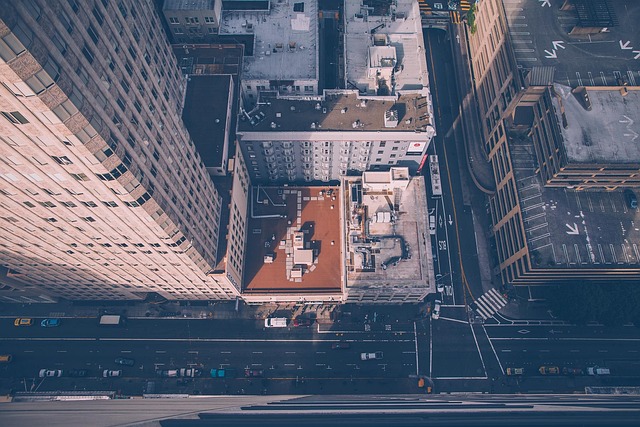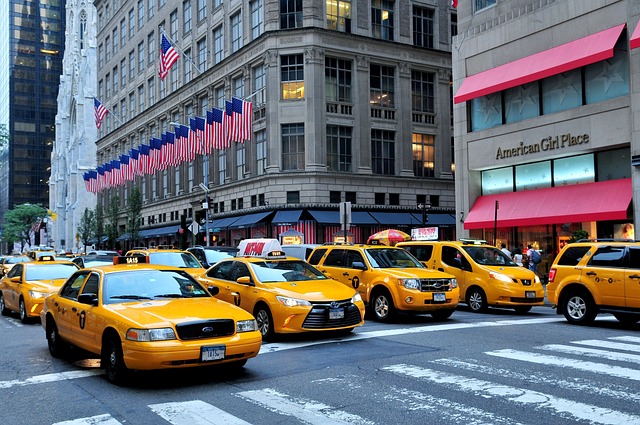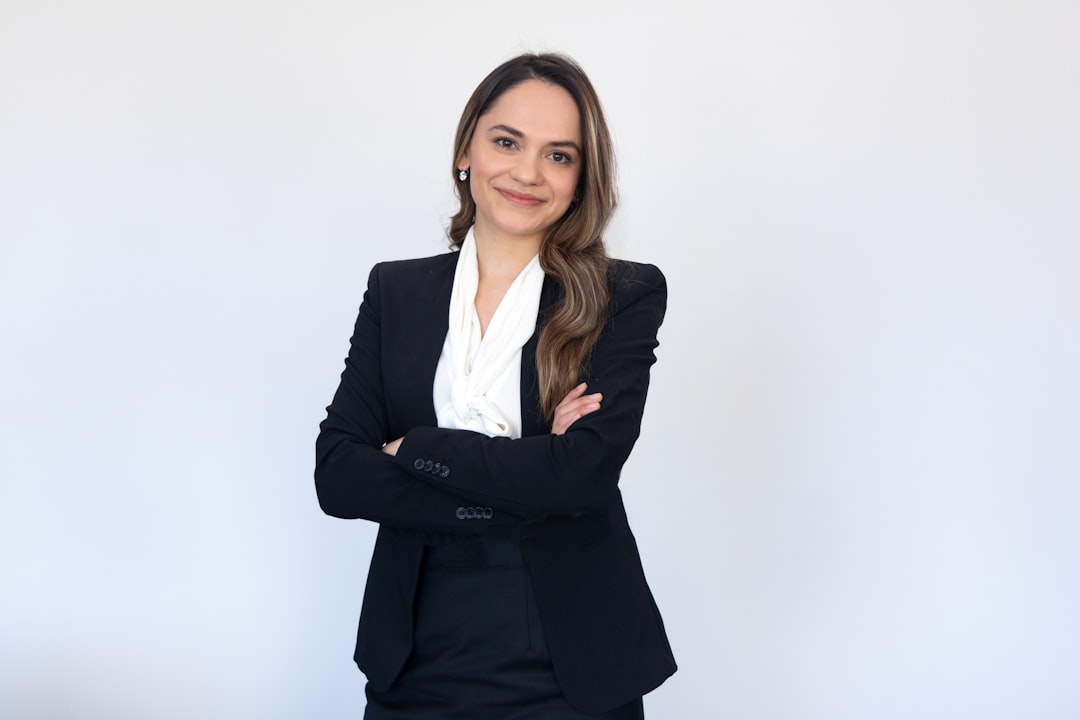New York City's religious institutions face heightened scrutiny over historical and current sexual abuse allegations, prompting proactive steps like stricter policies, background checks, training, and reporting mechanisms with the help of sexual abuse attorneys New York. They're implementing transparent practices, fostering accountability, and creating safer spaces while adhering to stringent legal requirements and supporting survivors through counseling, peer groups, and educational programs facilitated by specialized sexual abuse attorneys New York.
In recent years, sexual abuse allegations within religious institutions in New York City have brought critical attention to the need for transparent accountability measures. This article delves into the multifaceted response from these institutions, exploring their role in addressing historical and current abuses. We analyze the legal implications for clergy and organizations, the support available for survivors within faith communities, and the preventative steps taken by churches across NYC, highlighting the crucial efforts of sexual abuse attorneys in navigating these complex cases.
The Impact of Sexual Abuse Allegations in NYC
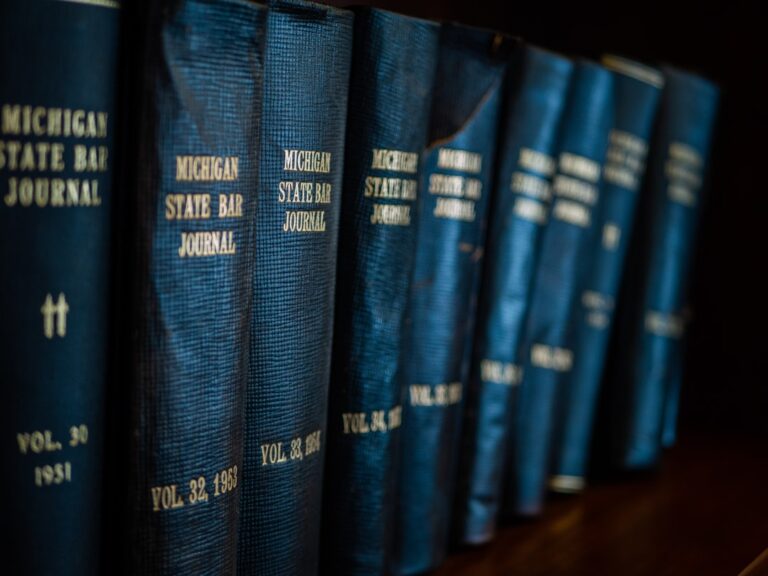
The city of New York has witnessed a significant surge in sexual abuse allegations, bringing attention to the profound impact such incidents have on individuals and communities. With a high profile and diverse population, NYC serves as a microcosm for examining how religious institutions respond to these delicate matters. Sexual abuse attorneys in New York play a crucial role in advocating for victims’ rights, ensuring justice, and holding perpetrators accountable.
These allegations often shake the foundations of faith communities, fostering a need for transparent practices and supportive environments. The aftermath includes not only legal battles but also emotional healing, rebuilding trust, and re-establishing safe spaces within religious organizations. As such, effective strategies are essential to address these issues, promote accountability, and create healthier, more secure settings for all members.
Role of Religious Institutions in Accountability
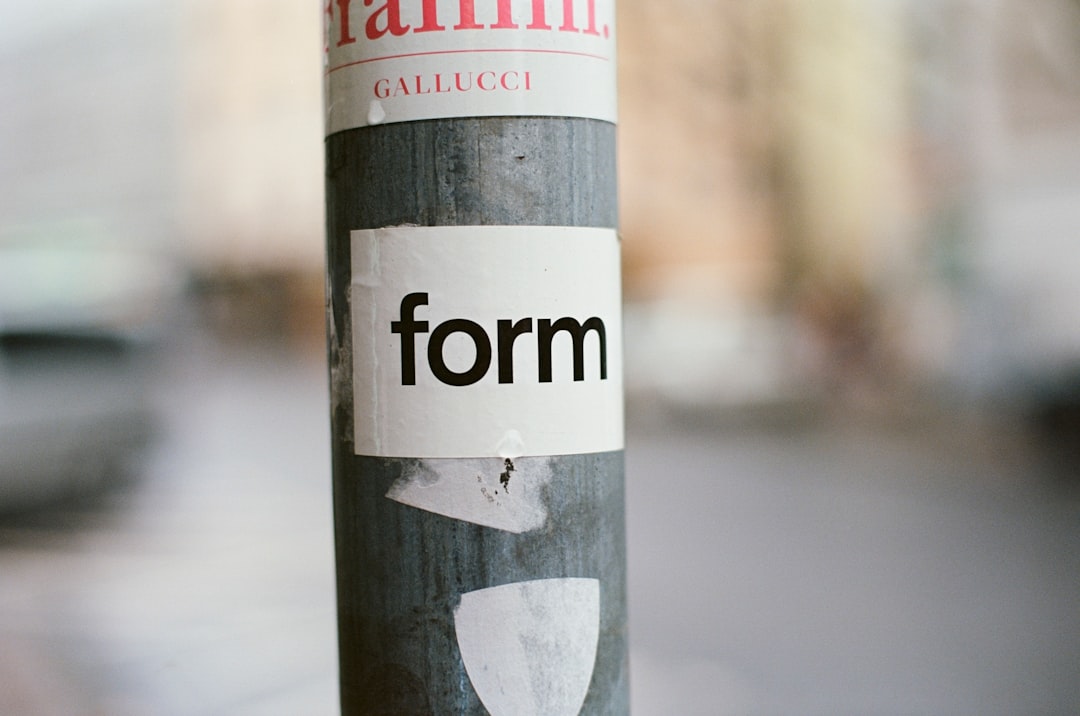
Religious institutions play a pivotal role in holding individuals accountable for sexual abuse, especially in cases involving children and vulnerable adults within their communities. In New York City, where incidents of sexual assault have garnered significant public attention, these institutions are under increased scrutiny to address historical and current allegations effectively. Many religious organizations have taken proactive steps by implementing stricter policies and procedures to prevent abuse and ensure better protection for members, particularly the young.
With the help of sexual abuse attorneys in New York, churches, synagogues, and mosques are now establishing clear reporting mechanisms, conducting thorough background checks on staff and volunteers, and providing regular training to raise awareness about abuse prevention. These measures aim to foster a culture of transparency and accountability, ensuring that any instances of misconduct are promptly reported and appropriately addressed. By taking these actions, religious institutions are demonstrating their commitment to healing victims, protecting the community, and upholding moral standards.
Legal Implications for Clergy and Institutions
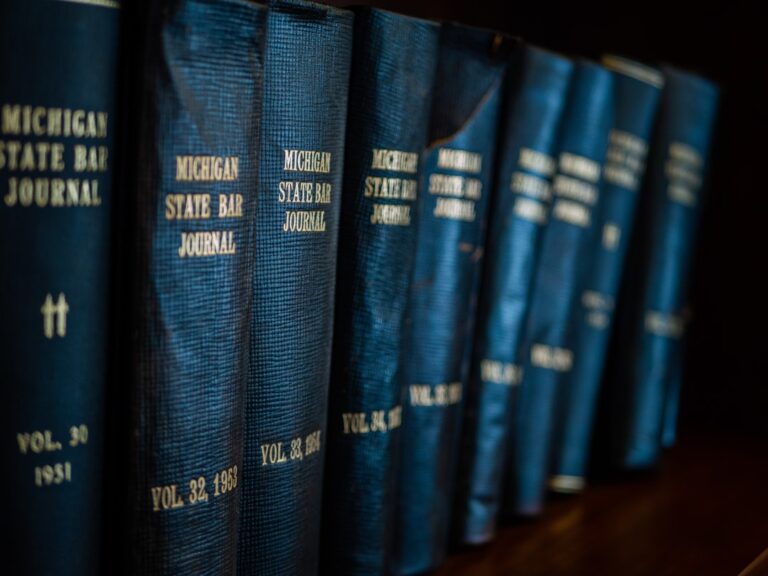
The legal implications for clergy and religious institutions facing sexual abuse allegations in New York City are significant. With strict laws and a robust legal system, individuals accused of sexual misconduct, including members of the clergy, face severe consequences. In New York, there is a zero-tolerance policy towards sexual abuse, especially within religious organizations, which have been held accountable for their failure to protect vulnerable individuals.
Religious institutions must ensure they follow proper procedures and protocols when dealing with such allegations. This includes conducting thorough investigations, providing support to victims, and cooperating fully with legal authorities and sexual abuse attorneys in New York. Failure to do so can result in substantial financial liabilities, damage to the institution’s reputation, and potential criminal charges for those involved.
Support Systems for Survivors within Faith Communities

Many religious institutions in New York City are implementing support systems to cater to survivors of sexual abuse within their faith communities. This initiative often involves establishing safe spaces, where individuals can find comfort and receive guidance from both spiritual leaders and trained professionals. These support networks aim to provide a sense of healing and empowerment, helping victims navigate the aftermath of trauma.
Survivors can access resources such as counseling services, peer support groups, and legal aid from sexual abuse attorneys in New York. Some institutions also offer educational programs to raise awareness about consent, boundaries, and the prevention of sexual misconduct, fostering a culture of respect and understanding within their congregations.
Preventative Measures and Policy Changes in NYC Churches
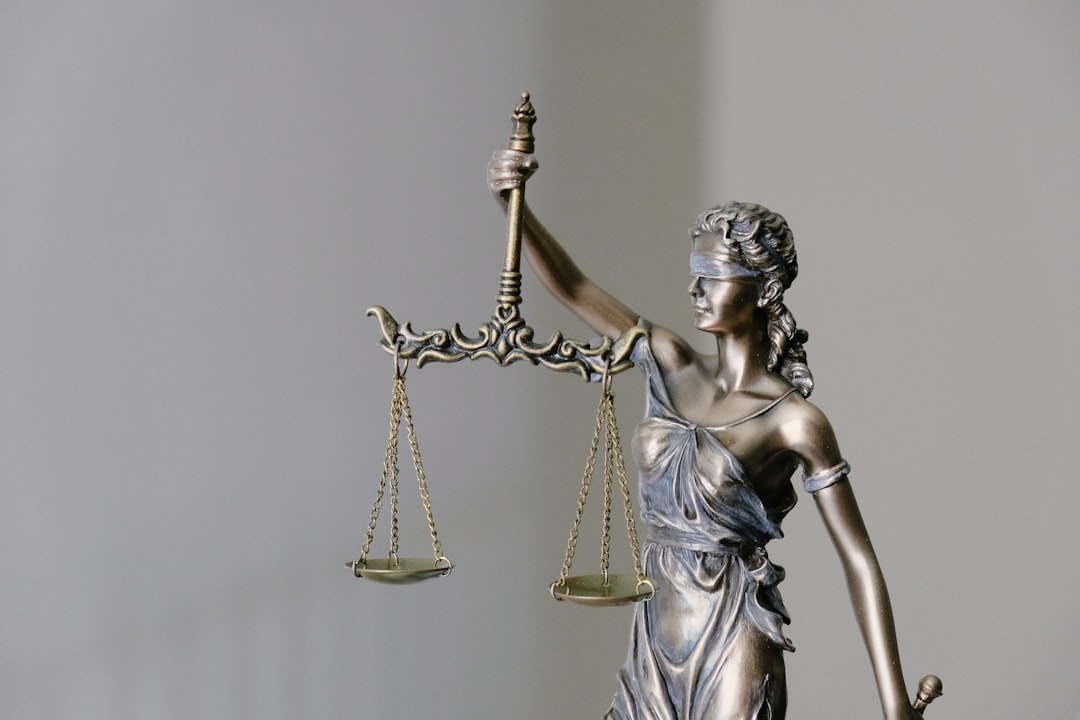
In response to the pressing issue of sexual abuse within their communities, many religious institutions in New York City have implemented preventative measures and policy changes. This includes enhanced training for clergy members and staff on recognizing signs of abuse and responding appropriately, as well as the establishment of confidential reporting mechanisms for both victims and concerned individuals. Many NYC churches have also adopted stricter background check procedures for volunteers and leaders to ensure that those with a history of sexual misconduct are not granted access to vulnerable populations.
Additionally, religious organizations across the city have been working closely with local law enforcement and sexual abuse attorneys New York to ensure that allegations are taken seriously and investigated thoroughly. They’ve developed clear protocols for handling complaints, offering support services to survivors, and promoting an environment where individuals feel safe to come forward without fear of retaliation or judgment. These proactive steps reflect a growing commitment to fostering safer, more protective communities within the religious landscape of New York City.
